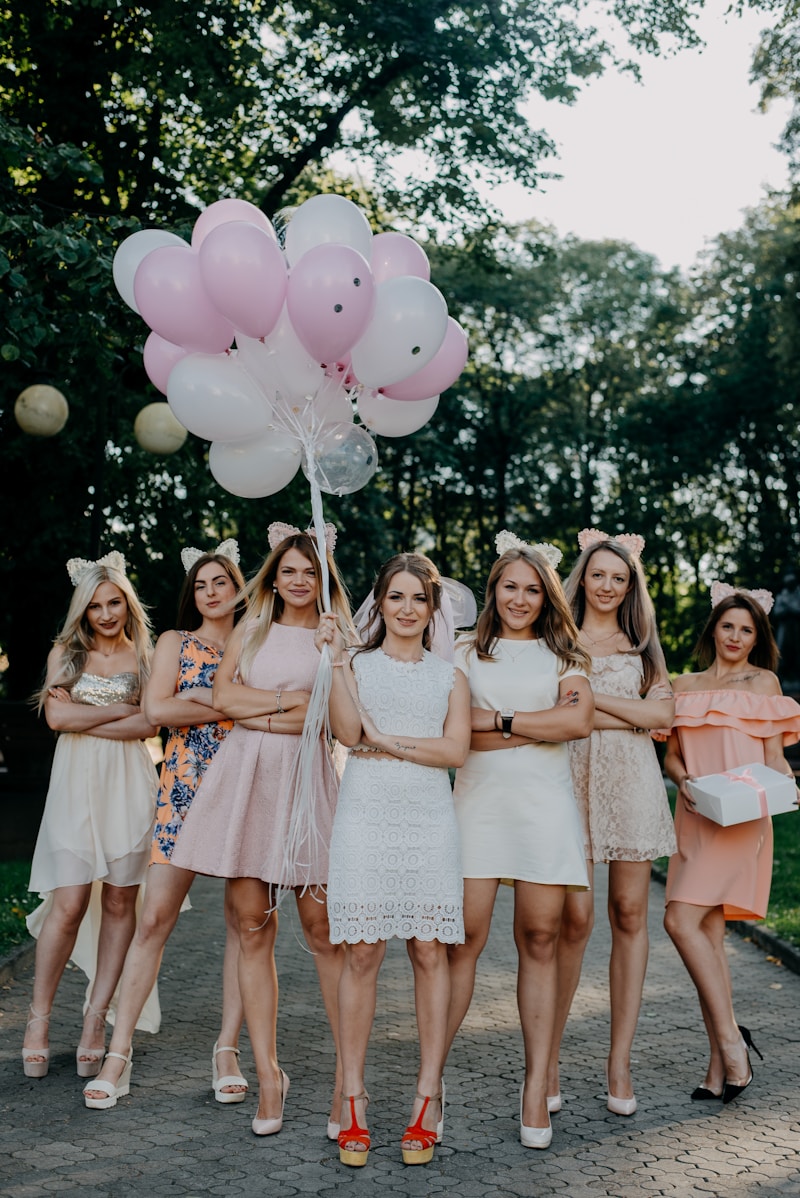Setting a Realistic Wedding Budget: Your Ultimate Guide
Planning a wedding can be an exhilarating yet overwhelming experience. One of the most critical aspects of wedding planning is setting a realistic wedding budget. With the average wedding cost soaring above $30,000 in the United States, establishing a budget that aligns with your financial capabilities is essential. This article will guide you through the process of budgeting for your big day, ensuring you get the most out of your funds without the stress.
Understanding the Components of a Wedding Budget
Before you dive into budgeting, it's crucial to understand the components that contribute to the overall cost of a wedding. Below is a breakdown of typical expenses:
| Expense Category | Estimated Percentage of Budget |
| Venue | 30% |
| Catering | 25% |
| Photography/Videography | 10% |
| Attire | 10% |
| Entertainment | 10% |
| Flowers and Decorations | 5% |
| Wedding Planner | 5% |
| Miscellaneous | 5% |
Understanding these categories can help you allocate your budget effectively. Keep in mind that these percentages are general estimates and can vary based on personal preferences and regional differences.
Steps to Set a Realistic Wedding Budget
1. Determine Your Total Budget
The first step in setting a realistic wedding budget is to determine your total budget. Consider your savings, contributions from family, and any other financial resources. It's crucial to be honest with yourself about what you can afford. Don't forget to account for hidden costs, such as taxes, service charges, and gratuities.
2. Create a Detailed Expense List
After determining your total budget, it's time to create a detailed expense list. Include all the components mentioned earlier and prioritize them according to your values. Do you want a lavish reception but are fine with a simpler ceremony? Map out your dream wedding in a way that reflects what's most important to you.
3. Research Costs in Your Area
Catering prices, venue rental fees, and vendor services can vary significantly based on your location. Research costs in your area to ensure your budget aligns with regional spending habits. Websites like The Knot, WeddingWire, and Cost of Wedding can provide valuable insights into average costs. Additionally, speaking to recently married friends or family members can help gauge realistic expectations.
4. Allocate Your Budget by Category
With your expense list and research in hand, allocate your budget by category. Use the table created above as a guide, adjusting the percentages based on your priorities. For example, if photography is paramount, allocate more funds to that section and adjust from others, perhaps reducing the floral budget slightly.
5. Track Your Spending
As you start booking vendors and making purchases, it's essential to track your spending closely. Consider using a spreadsheet or budgeting tool to keep your expenses in check. This way, if you exceed the budget in one category, you can make adjustments in another to stay on track.
Tips for Staying Within Budget
1. Consider Off-Peak Dates
Choosing an off-peak wedding date can save you a substantial amount. Venues and vendors often offer discounts for weddings held during less popular months or on weekdays. Flexibility with your wedding date can lead to exciting savings.
2. DIY Where Possible
If you have a knack for crafts or are willing to put in some effort, DIY projects can cut costs significantly. From invitations to centerpieces, a personal touch often adds charm and saves money. Just ensure you allocate enough time to complete these projects without adding stress to your wedding planning.
3. Prioritize Guest List
Your guest list is one of the most significant factors that affect your budget. Each guest adds to catering and venue costs, so be thoughtful about who you invite. A smaller, more intimate wedding can reduce expenses dramatically while enhancing the overall experience.
4. Keep a Contingency Fund
It's prudent to set aside a contingency fund of at least 10-15% of your total budget. Unexpected expenses can arise, from last-minute vendor changes to emergencies. Having this cushion can relieve stress and ensure you don't go over budget.
Common Questions About Wedding Budgeting
What are the average costs of a wedding in different regions?
Wedding costs significantly vary by region. For example, a wedding in New York City can average around $76,000, while in a smaller city or rural area, the average may be closer to $20,000. Research local averages to understand better what to expect in your area.
Should I hire a wedding planner?
While hiring a wedding planner may seem like an additional expense, they can ultimately help you save money by knowing where to cut costs and finding affordable vendors. If your budget allows, consider this investment for peace of mind.
Can I negotiate with vendors?
Absolutely! Many vendors are open to negotiation, and simply asking if they can provide a discount or adjust their package can lead to savings. Professional vendors understand that weddings can be costly and often want to accommodate clients' budgets.

Conclusion
Setting a realistic wedding budget may seem daunting, but with careful planning and a clear understanding of your priorities, you can create an unforgettable day without breaking the bank. Remember to adjust your spending categories to reflect what means the most to you, keep track of expenses, and be flexible where you can. Planning a budget-friendly wedding is entirely possible with thoughtful organization and a little creativity. Ultimately, focus on what truly matters: celebrating love and commitment with those who matter most.
As you embark on your wedding planning journey, keep these tips and suggestions in mind. A well-planned wedding budget will not only make the process smoother but will also allow you to enjoy your special day without financial worries.